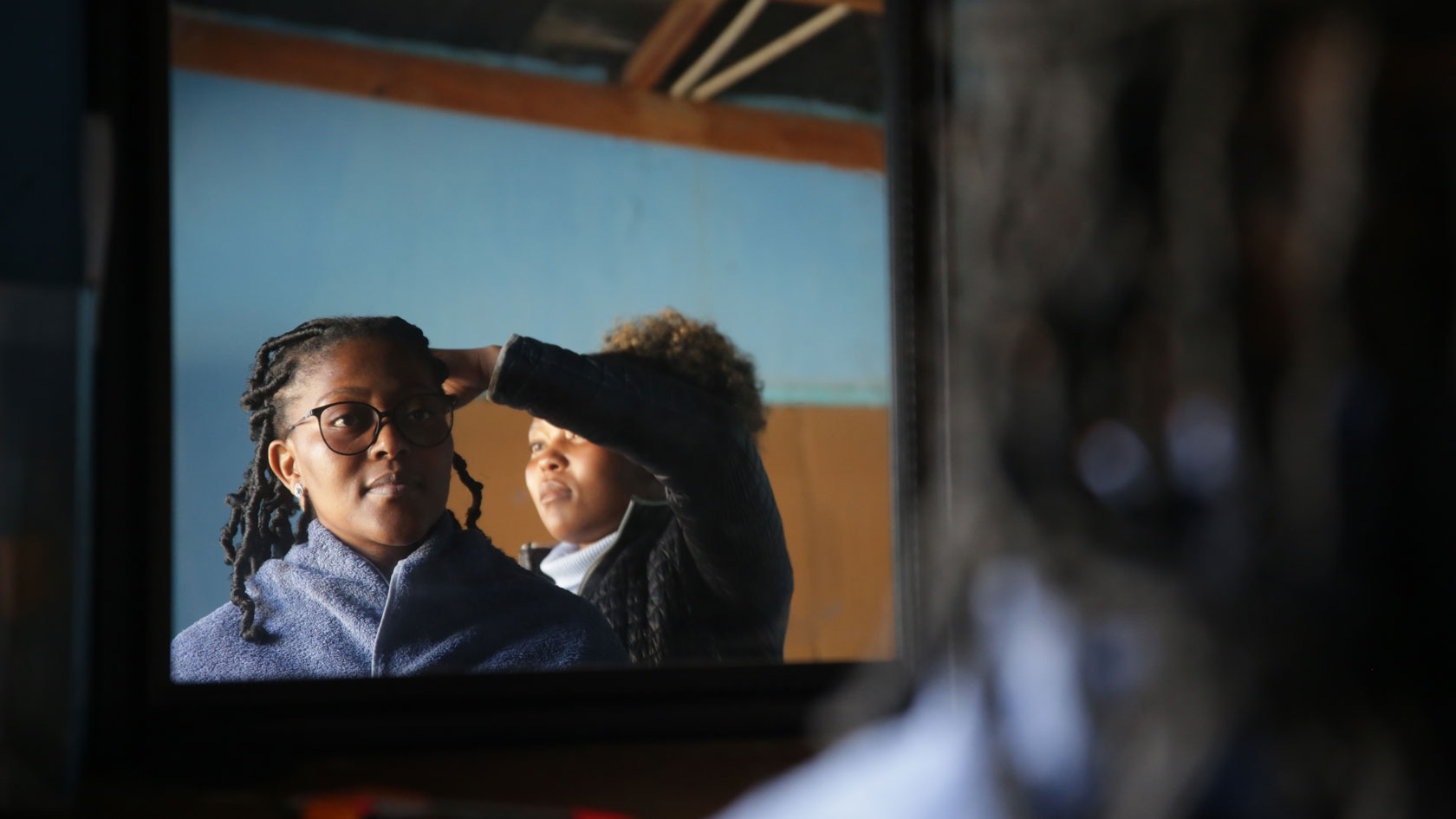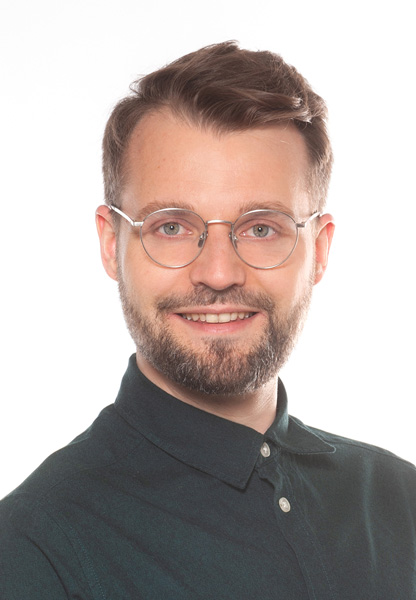A Safe Space for Delicate Topics

Citizen science projects get members of the public involved in research projects to work on scientific questions. Citizen Science Zurich, a joint initiative of the University of Zurich and ETH Zurich supported by the Mercator Foundation Switzerland, provides citizen science projects with seed funding to the tune of CHF 40,000 every year. “Each year, we award Seed Grants to around six projects,” says Ursina Roffler, head of communications at Citizen Science Zurich. This year’s call for projects ended on 3 March.
One project that has already been awarded funding is Hair SALON (Seeking Alternative Links to Outreach Networks). It aims to improve women’s access to sexual and reproductive health (SRH) services in the southern African country of Lesotho. The team is made up of researchers from UZH’s Epidemiology, Biostatistics and Prevention Institute, the Department of Clinical Epidemiology at the University of Basel and The HUB, a creative technology lab aimed at young people in Lesotho. The project is led by epidemiologist Alain Amstutz and coordinated by Pontšo Sekhesa, project coordinator at The HUB.
Discussing intimate details
In certain regions of Africa, AIDS and pre and post-natal complications such as heavy bleeding or infections are still the main causes of death for many young women. This is even more alarming since health centers providing women with access to medicine and services focusing on sexual health, family planning or domestic violence do exist in the country. “There is a gap between the services offered and how often they’re accessed,” Amstutz says. According to the epidemiologist, one of the reasons for this discrepancy is the fact that more than 40 percent of the healthcare sector in the country is funded by the Catholic church. Moreover, often the concerns of many young women aren’t taken seriously by health workers, many of whom are older and conservative. “Existing healthcare services aren’t really reaching young people. Women don’t feel comfortable in the traditional healthcare centers, and issues such as sexual health are often ignored or neglected.”

Women don’t feel comfortable in the traditional healthcare centers, and issues such as sexual health are often ignored or neglected.
This is where hair salons come in. Many women in Lesotho often spend several hours getting their hair braided in hair salons. It also provides them with a safe space in which they can discuss matters related to SRH and domestic violence with other women. “My partner is from Lesotho, and after each visit to her hair salon, she shares stories of young women who sometimes discuss some very intimate topics. That was when the idea for the project was born,” Alain Amstutz says.
Hairstylists as citizen scientists
A group of researchers led by Alain Amstutz now wants to find out how SRH services could be provided in hair salons in Lesotho. Some 100 hairstylists across the small mountain kingdom play a crucial role in the project. They have been asked to get 300 of their clients to participate in a survey on the issue.
“Our approach is very innovative and novel, and at the same time it offers great opportunities,” says Tala Ballouz, a UZH researcher. “Thanks to the hairstylists, we already know people in Lesotho and can collect data in a natural way.” If the women ever have problems filling in the survey, the stylists are on hand to help. Meanwhile, the stylists will also take part in the survey to give the researchers insights into the people behind the hairdressing chair.
The future of Hair SALON
The survey has now been launched, with results expected in the fall. The researchers hope to gather information about what kind of services the stylists could offer in their hair salons, and which services their clients would actually use. “For example, possible services could include the provision of menstrual products, HIV prevention medication or the pill,” says Pontšo Sekhesa.
A follow-up project is also already in the works. Based on the survey, the researchers plan to put together a list of services to be tested at different locations. “We will then see whether and how knowledge about sexual health and family planning has improved,” says Amstutz.